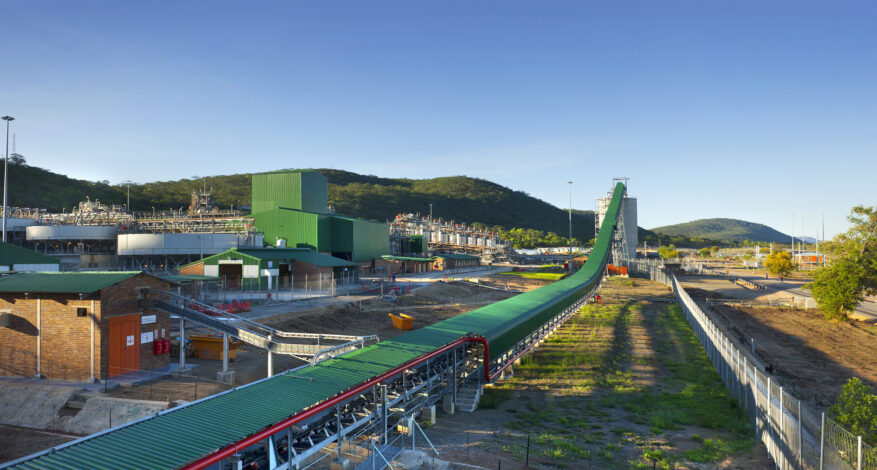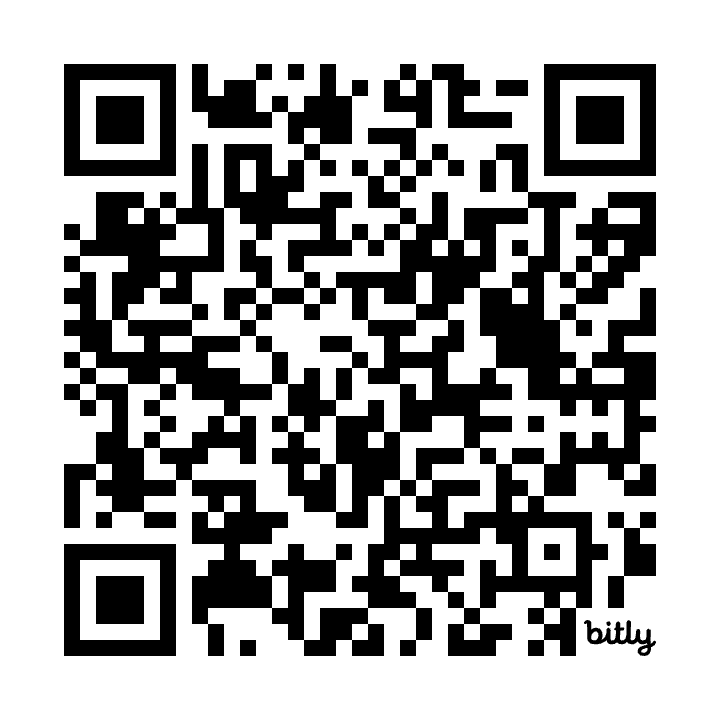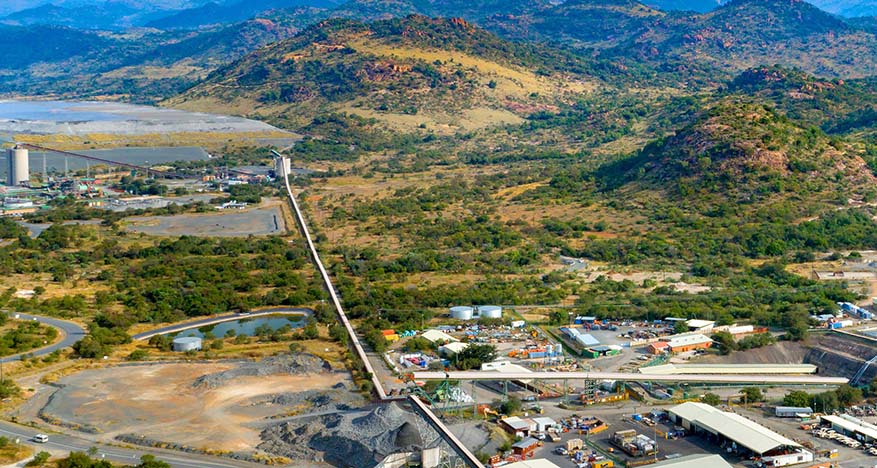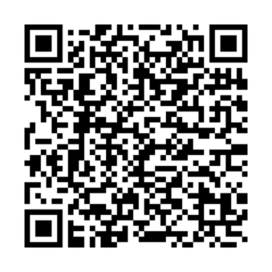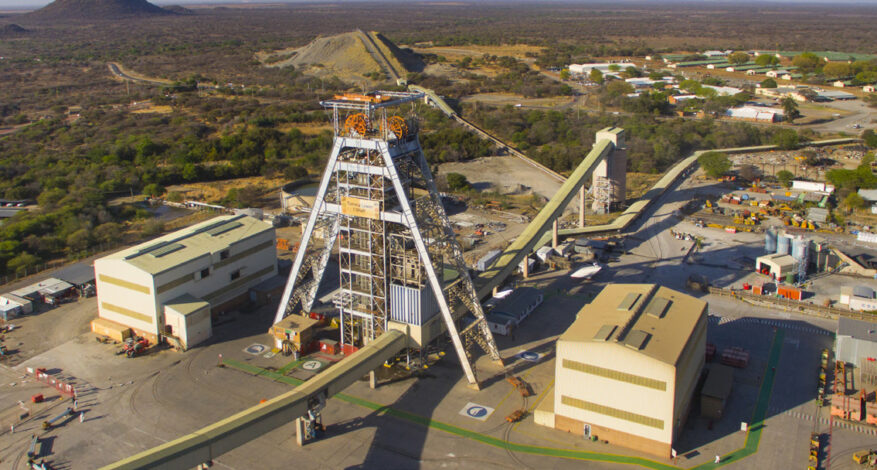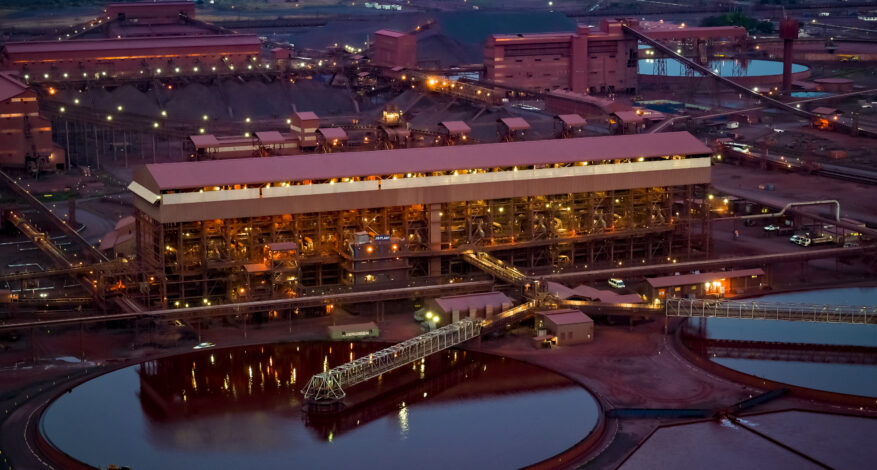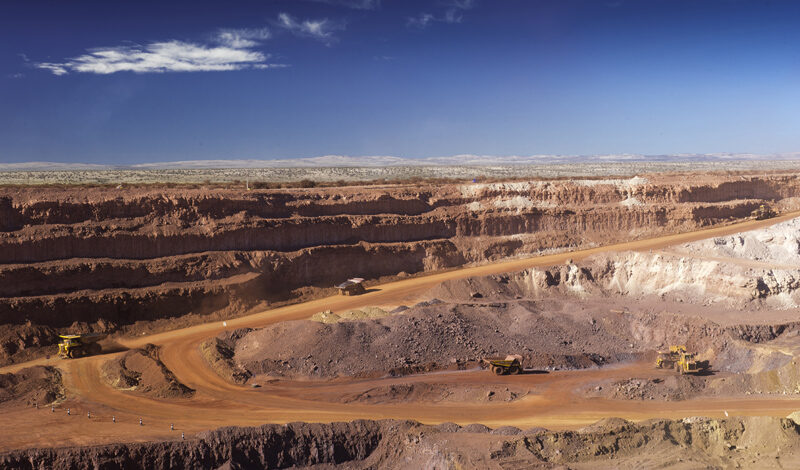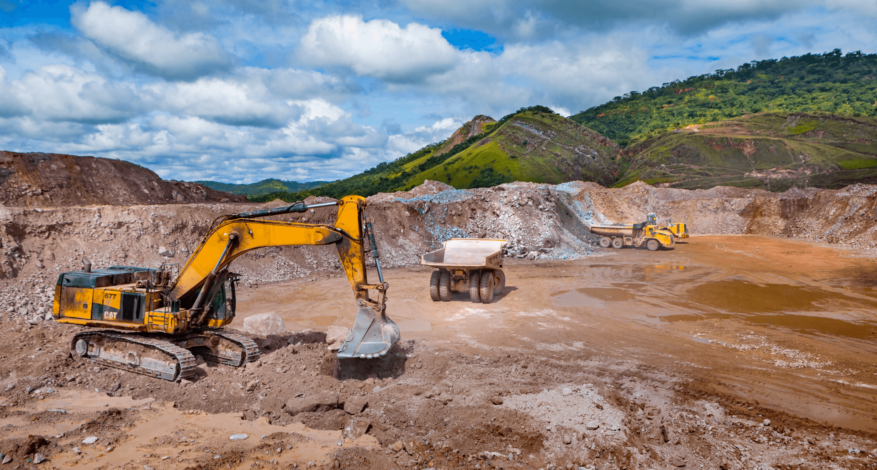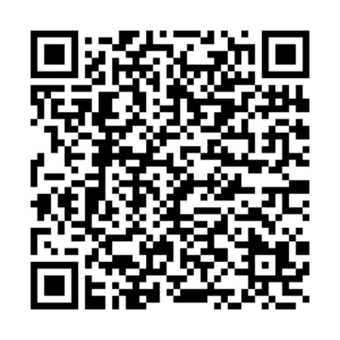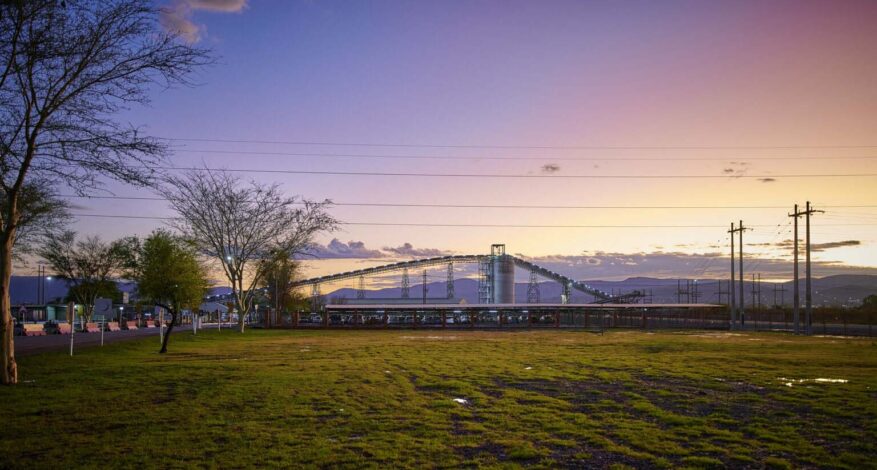SCS to Conduct On-site IRMA Renewal Assessment of Valterra Platinum’s Unki Mine
Read this announcement in Shona
SCS Seeks Input from Local Community and Other Stakeholders
Today, November 7, SCS Global Services announces that from December 8 to December 13, its auditors will visit Valterra Platinum’s Unki Mine in the Midlands Province, Zimbabwe, to conduct the on-site phase of its independent Renewal Assessment (audit) evaluating the site’s continuing performance against the Initiative for Responsible Mining Assurance (IRMA) Standard for Responsible Mining.
During the onsite visit, independent auditors from SCS Global Services will inspect the operation and associated facilities and collect feedback from local stakeholders – anyone directly or indirectly affected by the mine including community members, mine workers, and government officials.
The IRMA assessment results will be published on the IRMA audit page and available on request from the site. The IRMA audit report will describe how and why SCS Global Services scored Unki Mine against each of the 428 requirements of the IRMA Standard for Responsible Mining. The report will also present an overall achievement level: IRMA Transparency, IRMA 50, IRMA 75, or IRMA 100.
|
8-13 December 2025 Your comments will help SCS Global Services assess the impact of Unki Mine on local communities and measure its performance against best mining practices. SCS Global Services invites you to sign up for an interview with auditors during the on-site visit, and/or submit written comments about Unki Mine using the contact details below. Interviews can be held in Shona or English. Interviews requested by November 30 can be conducted remotely or in-person. Interview requests made after that date will most likely be conducted remotely but may also be conducted in-person if time permits, and remotely if it does not. Written comments can be submitted anytime until December 19. |
|
| On the web
Email: feedback@scsglobalservices.com Telephone: +1 520 248 4276 (voice or text) |
QR code to access online form: |
| Comments and interviews are confidential and interviews are conducted without mine personnel present. SCS Global Services does not share the names of stakeholder interviewees/commenters or copies of written comments with Valterra Platinum or IRMA. Only the general nature of comments will be summarized in the final audit report. | |
Valterra Platinum uses the results on environmental and social performance of the Unki Mine to improve its practices. Other stakeholders, particularly affected communities and mine workers, may use this audit report to engage with Valterra Platinum and others to improve the operation in the ways that matter most to them.
Unki underwent a comprehensive Initial Audit in 2021 achieving IRMA 75, followed 3 years later by an abbreviated Surveillance Audit to ensure site performance still supported its IRMA Achievement level and to monitor progress on the site’s Corrective Action Plan. Before the expiration of IRMA Achievement level, the operation completes a comprehensive Renewal Audit at which point the audit firm awards a new IRMA Achievement level. Ordinarily the entire initial-surveillance-renewal audit cycle takes 3 years, but because Unki was the first operation to complete the cycle the timeframe was extended to accommodate learnings and process improvements
More Information
- Unki Mine IRMA Assessment or sign up for updates: https://responsiblemining.net/unki
- IRMA-approved independent audit firm SCS Global Services: scsglobalservices.com
- IRMA’s mission, Standard, assessment process, or other mine audits: responsiblemining.net
- Submitting a complaint about the audit process: responsiblemining.net/complaints

